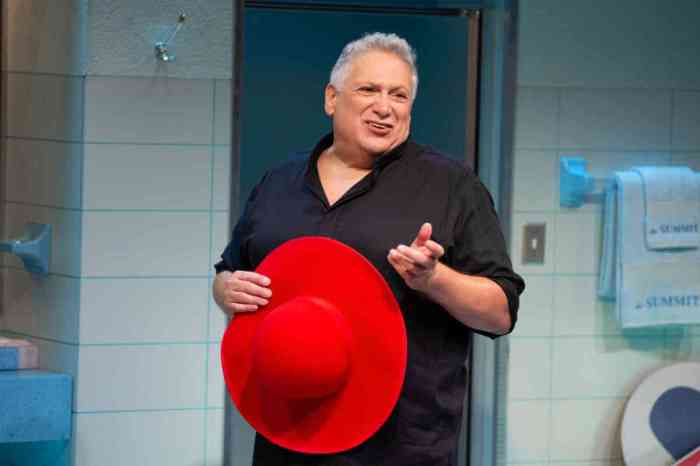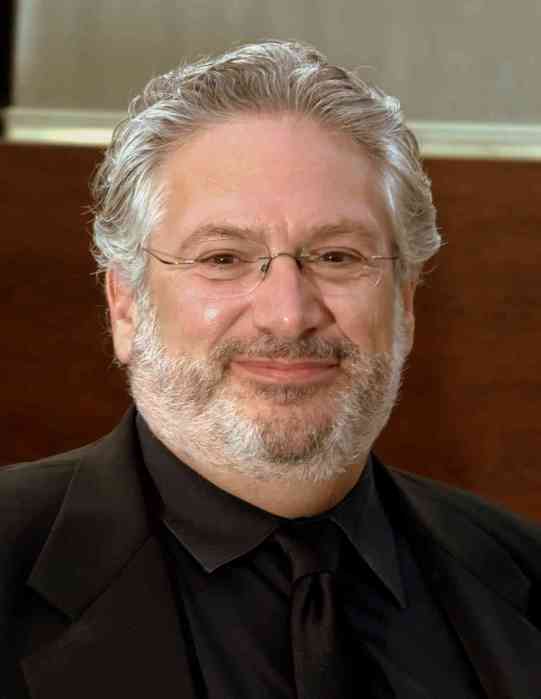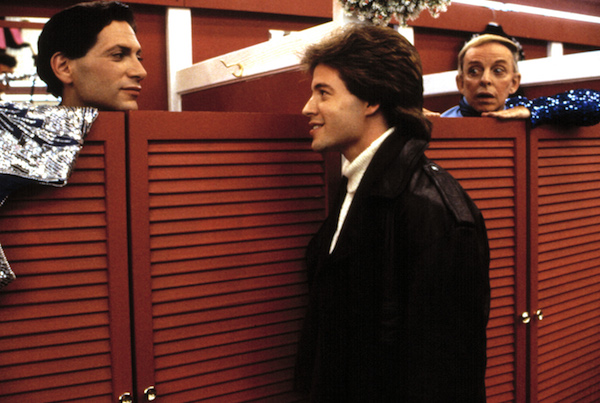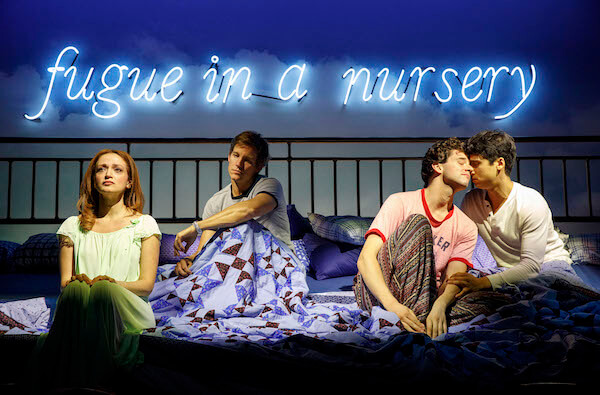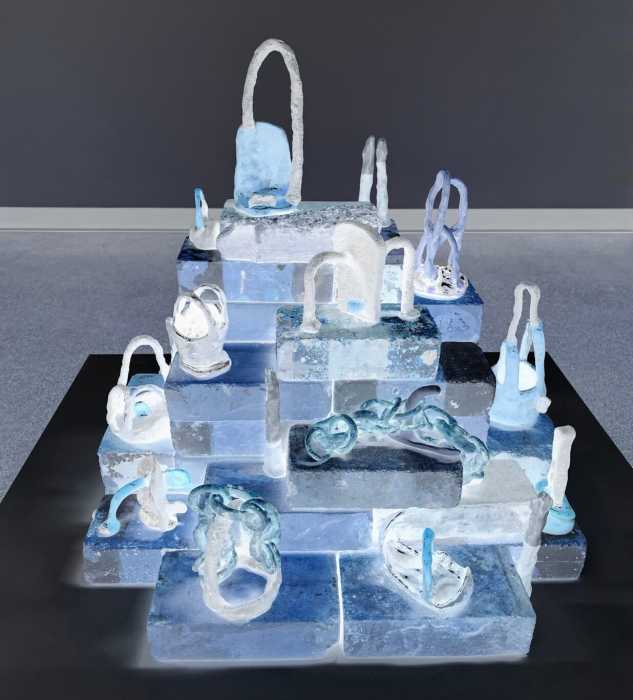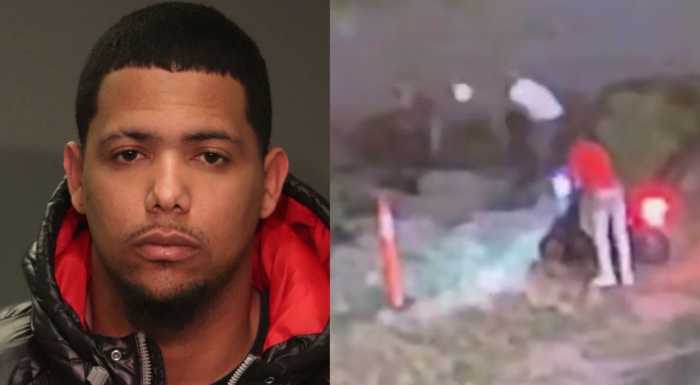On The Dish blog, Andrew Sullivan wasn't having it.
For someone so concerned about her privacy, Jodie Foster picked a hell of time to take her biggest step so far in coming out publicly — her rambling acceptance speech at the Golden Globes as she received the Cecil B. DeMille Lifetime Achievement Award on January 13.
She first teased the audience by saying, “I have a sudden urge to say something that I’ve never been able to say in public” and warned that it would make her publicist “nervous,” only to declare “loud and proud” that “I am single!”
She then said she didn’t need to do “a big coming out speech tonight because I already did my coming out about a thousand years ago in the Stone Age, in those very quaint days when a fragile young girl would open up to trusted friends and family and co-workers and then gradually, proudly to everyone who knew her, to everyone she actually met,” which is news to most of us.
Instead of leaving it there and saying she was now going to be more open, she said, “But now I’m told, apparently, that every celebrity is expected to honor the details of their private life with a press conference, a fragrance, and a prime-time reality show,” going on to say, “I am not Honey Boo Boo Child.”
This comparison of the coming out of celebrities to some kind of marketing ploy was offensive and uncalled for. The cameras panned to out lesbian Jane Lynch, who didn’t quite know how to react. And no one can accuse Ellen DeGeneres, Elton John, Stephen Fry, Ian McKellen, David Hyde Pierce, or others who came out well into their celebrity of doing it to advance their notoriety. They faced up to the reality of who they love and decided to live without any shame about it no matter what the cost to their careers. And while none of them dropped everything and became full-time gay activists, they have all stood up for the cause — their cause — in important ways.
Foster went on to acknowledge “one of the deepest loves of my life, my heroic co-parent, my ex-partner in love but righteous soul sister in life, my… most beloved BFF of 20 years, Cydney Bernard. Thank you, Cyd, I am so proud of our modern family.”
This was not a completely new admission as Foster publicly thanked Cydney when they were still together at a 2007 awards event.
Foster was flanked throughout the Globes dinner by her close friend, the anti-gay, anti-Semitic Mel Gibson to whom she said, “You know you save me, too.” A whole column could be written dissecting that relationship. Gibson earned his pariah status on multiple occasions and while I can admire those who stand by friends in trouble, he seems to be a bridge too far. It is not as if he has done anything to redeem himself.
To be fair, Foster, now 50 — though she has still never said she is a lesbian — has also never said she is not. And she is a major donor to the Trevor Project, a 24-hour hotline dedicated to preventing LGBT teen suicides. We could argue about how much more she could have done for LGBT youth if she simply showed comfort with her orientation and relationship with Cydney years ago. Now she’s off the radar of most young people, having been in show business since she was three years old and winning Academy Awards for “The Accused” all the way back in 1989 and for “Silence of the Lambs” in ’91. Anger over the portrayal of the monster at the heart of “Silence” led to attacks on her for remaining closeted as the film was protested for being anti-transgender.
Also at Foster’s table were her sons, Charlie, 14, and Kit, 11. She called them “my reason to breathe and evolve,” and said to them that “this song, all of this, this song is for you.” Indeed, this step in Foster’s evolution may be similar to that of Ricky Martin, who explicitly says that he came out in order to be honest with his kids and enable them to never have to lie about him. Martin has said he doesn't want them to think there is anything shameful in being gay — that he wishes he could do his coming out all over again because it is so wonderful.
Ricky has also said he gets pushback from fans who say they are okay with him being gay, but want him to just shut up about it now and get back to being a singer. But Martin understands that sitting on the sidelines in a moral crisis — the worldwide persecution of LGBT people — is no longer an option. You would think Jodie might have figured this out with her Yale education. But she refused to acknowledge her membership in our community through the worst years of the AIDS epidemic, the anti-gay initiatives across the country, and so much more of our turbulent history.
Harvey Fierstein, who has been out in show business from the get-go in the 1970s, reacted on Facebook to Foster’s speech by writing, “Trying desperately to be fair to Jodie Foster, but what she did last night by standing in front of millions of people and being too ashamed to say the word lesbian or gay sent the message that being gay is something of which to be ashamed… I am saddened that after all of these years and all the progress we've made, her first concern was about how it was going to affect her career and publicity. Oh, my brothers and sisters, we have so much further to go until we can enjoy the sweet victory of equality.”
Michael Musto wrote, “Instead of this cockamamie speech, she could have just said, ‘Yep, I’m gay.’ Twenty years ago.”
Lesbian rights lawyer Kate Kendell tweeted, “Wow. Regardless of the inarticulate nature of this moment for Jodie, let me just say, you go girl! It’s about fucking time. We got your back, babe.”
But Andrew Sullivan titled his blog post, “Jodie Foster Stops Lying,” called it a “narcissistic, self-loving speech,” and characterized her claim to have come out long ago as “unadulterated bullshit.”
Foster is famously private and lots of people cut her slack because she was stalked by John Hinckley in the period before he shot President Ronald Reagan in 1981 — a crime he said he committed to get her attention. But Jodie continues to confuse being open about the details of one’s private life with the things about relationships that most everyone is open about, such as having a partner.
Virtually every actor who gets up at an awards ceremony acknowledges their life partner (except Hillary Swank when she got her first Academy Award, thus Lena Dunham's Chad Lowe joke at the Globes that was lost on most people). We do not accuse actors who thank their partners of flaunting their private lives. It is simply expected.
Foster concluded by sounding as if she was getting off the stage permanently, then said she might continue in smaller venues: “But it will be my writing on the wall. Jodie Foster was here, I still am, and I want to be seen, to be understood and to be not so very lonely.”
Hey, that’s the reason most of us come out. It’s tough to connect with a lover if we insist on total privacy. But most of us also recognize our obligation to be out in solidarity with others like us so that there will come a day when no LGBT person will feel so very lonely.


